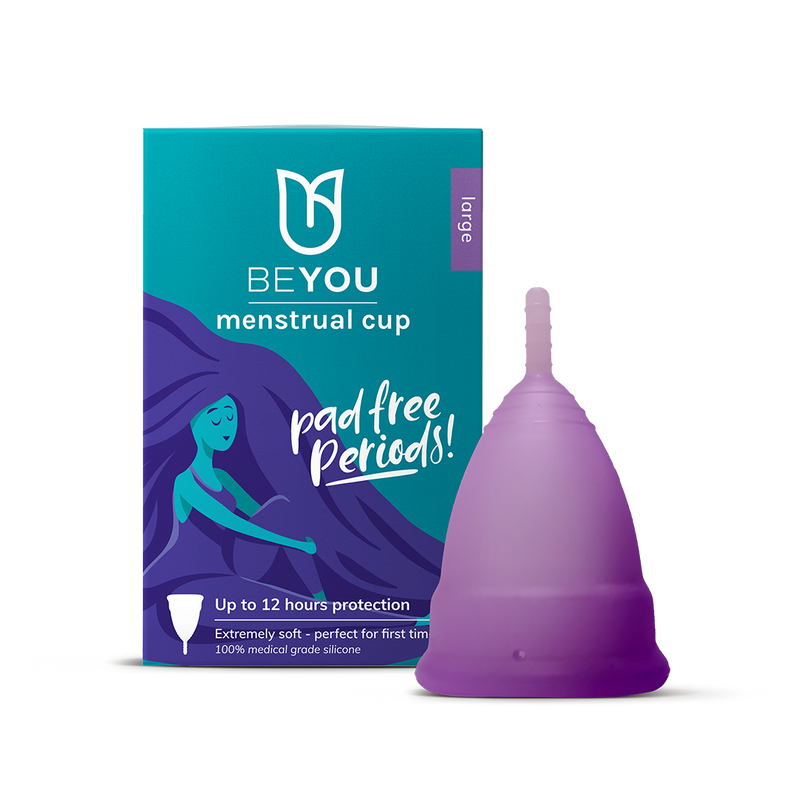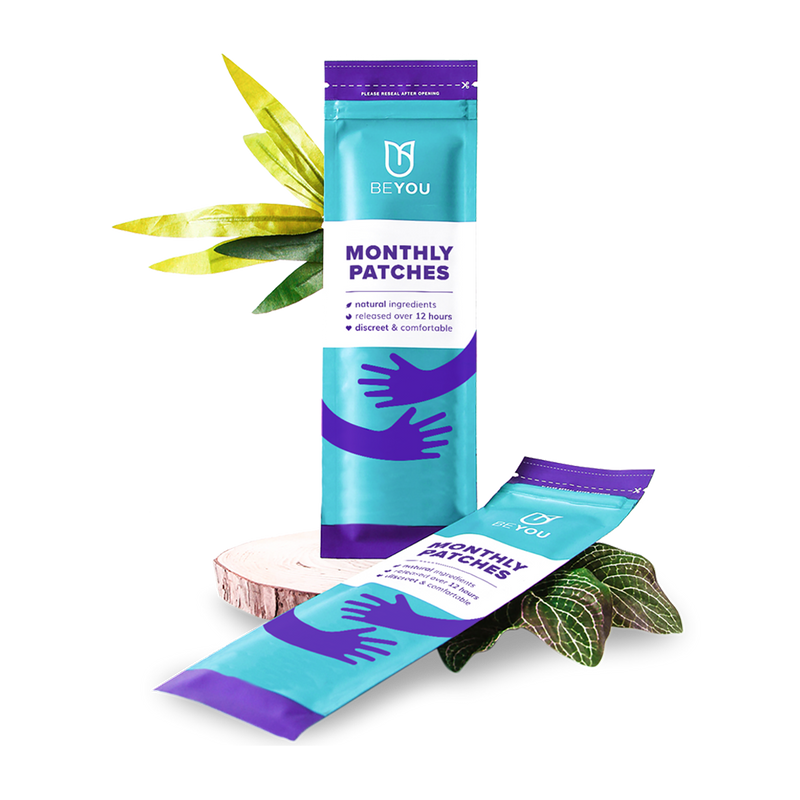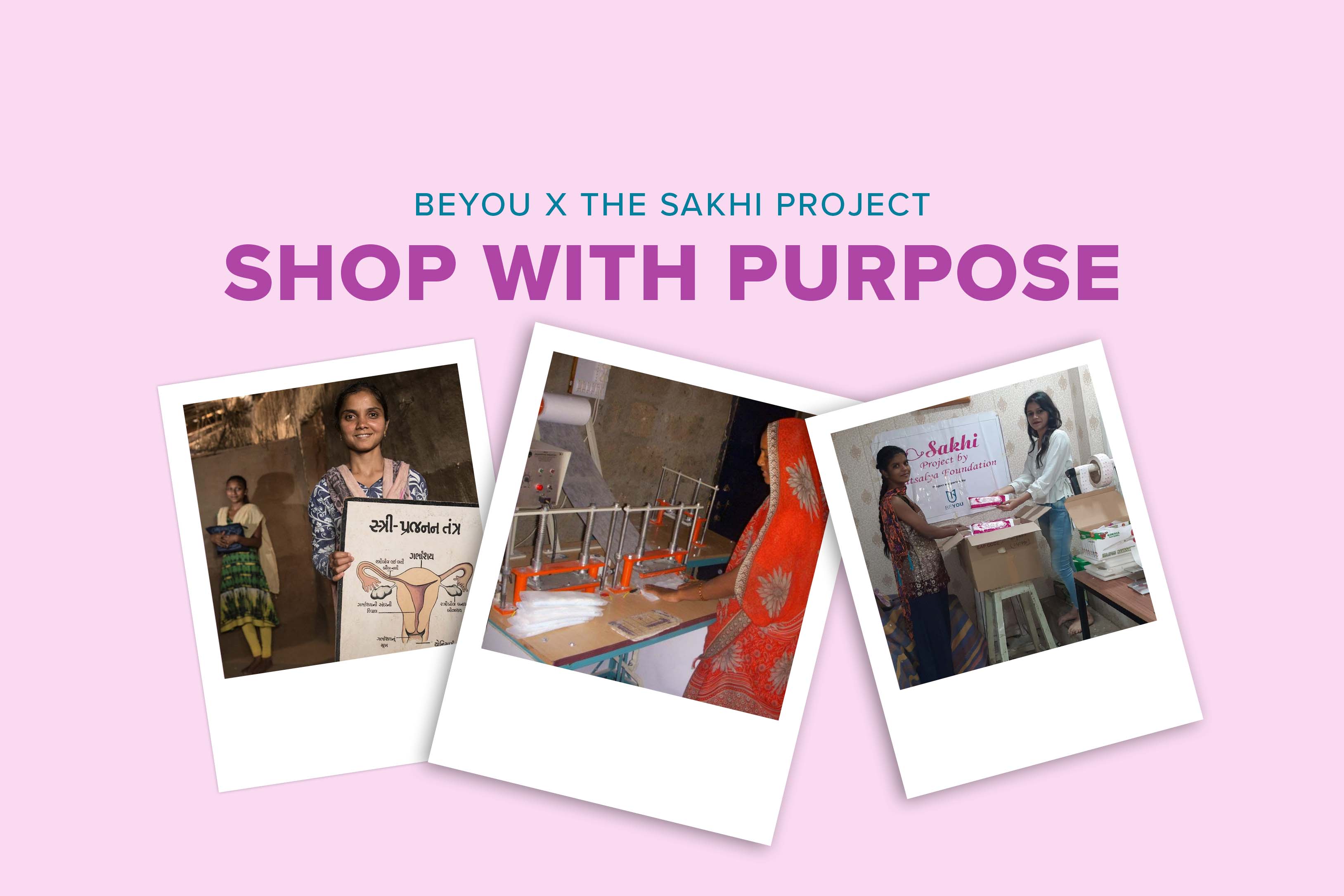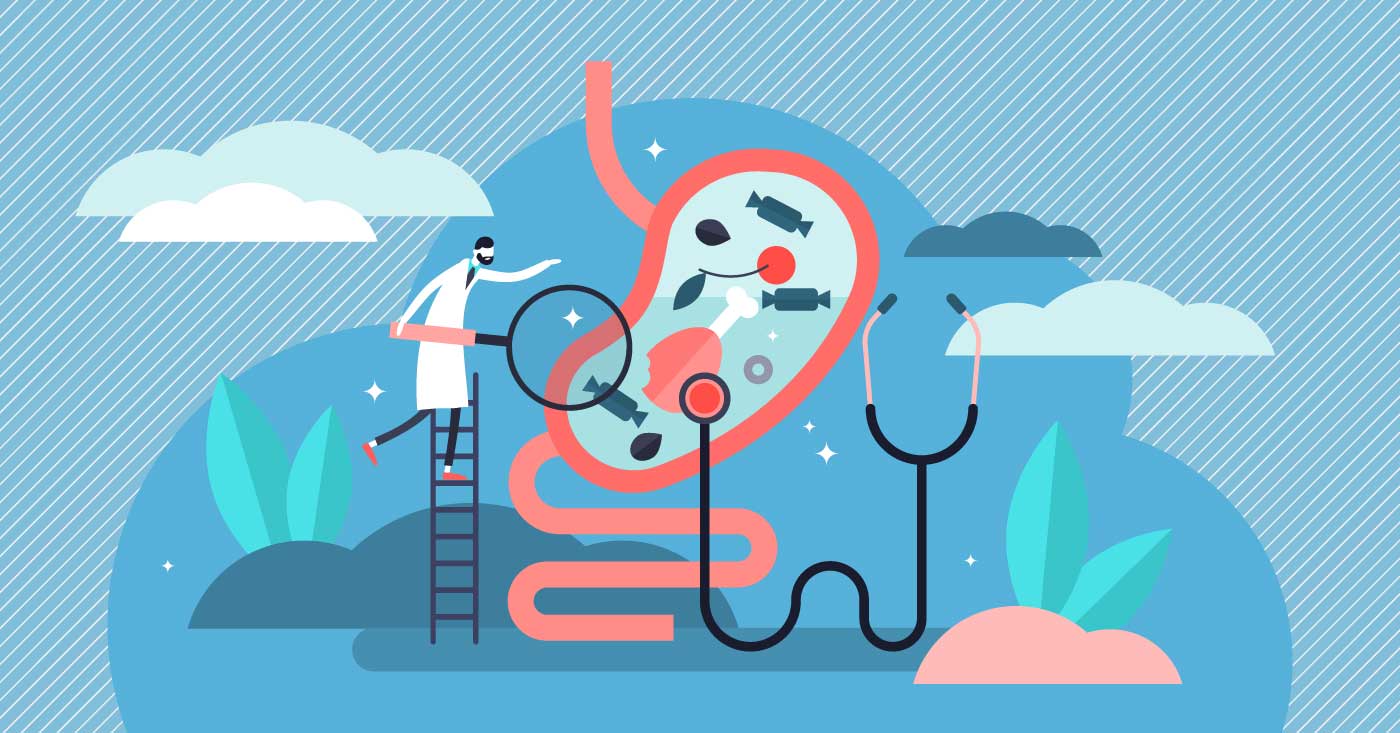Normalising Normalities: The Life of an Endo Fighter
Sep. 11, 2020 kaylee germann
A recent survey by Endometriosis UK found that 54% of people in the UK do not know what endometriosis is, increasing to 74% among men.
We’ve already given you the outline of what endometriosis is; the symptoms, the causes and the results of the diagnosis. However, this information doesn’t even come near to scratching the surface of the day-to-day effects of which this life-changing condition has on 1.5 million people within the UK, alone.
The invisible illness
Endometriosis is no new discovery to the medical world and is a common health problem in women and menstruators in which the tissue that usually lines the endometrium (uterus or womb) grows on other areas of the body, triggering chronic pain through inflammation.
This common medical condition among menstruators is still considered to be a silent illness that is rarely discussed among people, schools or women alike due to the misconceptions construed by the symptoms, which can be similar to that of period pains. The difficulties of living with endometriosis are only enhanced by a lack of understanding by the general public and is a considerable factor as to the average period for diagnosis being 7.5 years!
Our woman of the hour: Keisha Meek!

The BeYou team sat down with Keisha Meek, a founding member of the National Endo Survivors Group (NESS). This endo community offers support and encouragement to individuals with endometriosis, through their Facebook page and face-to-face meet-ups (when possible).
She has participated in a study done by BMI healthcare UK, which examined the results of endometriosis and how to advance diagnosis.
Among her continuous involvement within the group, Keisha continues to share her personal experiences with endometriosis and has recently started as a Project Management Analyst for the NHS, combining her career-life with an organisation that is close to her heart!
Keisha has been struggling with symptoms caused by endometriosis since the early age of 11. After much back and forth between doctor’s consultations and tests, she was officially diagnosed with endometriosis at the age of 20. “For three years I was just bleeding and said this is not working, something else is seriously wrong. And then they did a laparoscopy and they found endometriosis. Since then I’ve had 11 surgeries.” Since then, she has turned her focus on offering support from experience and passion to the endo community and NESS.

Living with endometriosis
There are ranging symptoms, stages and effects that come along with endometriosis. Keisha opens up and explains to us about the multiple tasks and considerations that have been added to her routine, which support her within this changed lifestyle:
“It’s like packing your bag for work in the morning. With endometriosis, you have to think about what you’re eating, what you’re taking for dinner. If I eat this, is it going to do something for my bowel or my bladder which could irritate it? If I drink too much caffeine, am I going to flare up?”
As symptoms and flare ups can appear at any given moment, it’s crucial to be prepared for every day in which symptoms can reappear.
“It’s making sure you have spare clothes, a hot water bottle, my BeYou patches – I’ve got all of them!”
“It goes as far as planning what time I eat; to make sure it falls in line with my meetings or when taking my bowel tablets, to avoid flare ups.”
As explained by the Endometriosis Clinic, individuals experience a massive disruption to their daily lives; impacting their education, work routine and social interactions.
“Even socialising with people; I have to think through every little aspect. ‘Have I taken tablets to make sure my bowel is okay? Have I packed my anti-sickness tablets in case I start to feel sick?’”
What are the common misconceptions when it comes to Endometriosis?
“People can be quite ‘Oh it’s just a bad period.’ They don’t get that it affects every part of your body and not just your period. It escalates quite a bit and is quite bad every day.”
Endometriosis is not only a gynecological disease, but can also affect a lot of other organs, resulting in different symptoms often needing to be treated by a team of specialists.
“I didn’t know there was an endometriosis specialist, at first.”
1.5 million people in the UK have Endometriosis and based on a study conducted by the NHS in 2018, there are only “17 accredited British Society of Gynaecological Endoscopy (BSGE) endometriosis centres in England offering integrated endometriosis care”.
How has endometriosis affected your life?
Currently Keisha loves to take long walks within Bradford and enjoys some quality time with her friends by grabbing a cup of coffee and making plans together . She’s even mentioned picking up playing football again or taking on running.
“I used to play football. I quit playing football because I had to keep coming out of games and I couldn’t stay committed.”

Another life-altering effect from endometriosis can be the struggle with fertility. In support of World Childless Week running this week since the 14th of September, Keisha opened up with us about her continued struggle with infertility which has led to several miscarriages and a period of depression.
With the increase of the severity in endometriosis cases, scar tissue can become more common and decrease the chance of natural conception. Each case is different and the cause of infertility with endometriosis has yet to be established.
“It’s just an assumption that people are going to have kids. We’re not taught that, actually, there’s quite a lot of people that struggle with fertility issues. People need to be more aware that it’s not possible for everybody [to have kids].”
What can regular individuals do to help?
“It needs to be seen as a medical condition, not disregarded as normal period pain/symptoms.” - BMI Healthcare UK
Due to the nature of endometriosis and its varying symptoms, diagnosis can be difficult. Apart from raising awareness around a condition which affects 1 in 10 women, it is crucial to understand how women are affected by endometriosis and how non-sufferers can offer support through these times, in order to encourage earlier diagnosis among individuals facing early symptoms!
At BeYou, we take it upon ourselves to break the boundaries construed by society; shining light on everyday situations experienced by women in general and people with a menstrual cycle.
Offering a community of support, a reliable source of information and our all-natural products, we encourage you to get in touch with us and share your own experiences!







